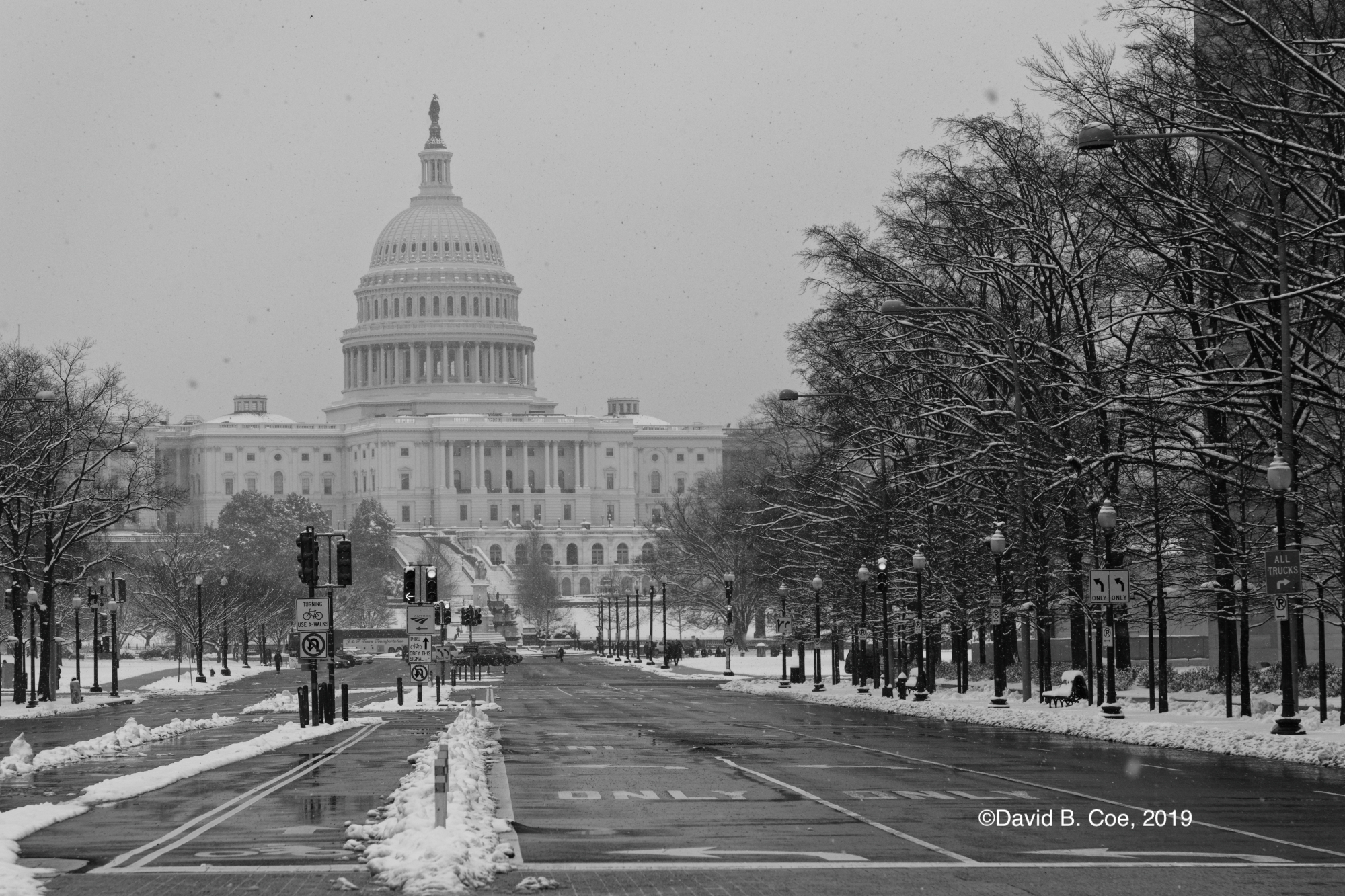“Is it possible to be astonished and, at the same time, not surprised?” — Jed Bartlet (Peter Noah, The West Wing, Season 7)
It’s not like we didn’t know he was capable of this. It’s not like we haven’t known all along that his Presidency represented an existential threat to the American experiment. On election night in 2016, I texted my brother, “I fear for our republic.”
It’s not like we didn’t know.
Yet seeing it unfold in real time, was utterly shocking. And as we learn more of who was in the crowd, what was done to the building and to the victims, and what was being said and done by Trump, Giuliani, and others as the siege of Congress unfolded, I cannot help but believe that we were, all of us, very fortunate it didn’t turn out far, far worse. Trump is desperate now to minimize the danger after the fact, to claim that he only wished to see “protesters” put pressure on Congress to heed his calls for an investigation into “voter fraud.” His two minute “Please-Don’t-Throw-Me-In-Jail” video on Friday night was a gambit designed to lessen the possibility of a last minute impeachment or invocation of the 25th Amendment. Naturally, his Republican enablers are lapping it up and spewing it all over social media, still doing his bidding.
But make no mistake: This was an attempt at a coup. This was terrorism. This was the most blatant, violent assault-from-within on our republic since the Civil War. If those who inspired it, and those who carried it out, had been successful, it might well have been a fatal blow to our nation’s most revered institutions.
I remain wary. I fear what Trump’s most crazed supporters might attempt on January 20th, when Joe Biden is inaugurated at the Capitol Building. Having resorted to violence on this level once, it will be that much easier for them to take this step a second time, a third, and beyond, until the path becomes well-trod, and the results are normalized in some way. I am deeply alarmed by how many of Trump’s lackeys on Capitol Hill and in the media are willing to gaslight us less than a week after the fact. “It was Antifa,” they claim. “Antifa radicals posing as Trump supporters.” Seriously — several have said this. According to a DoD report on the National Guard response, it was a “First Amendment protest.” In short, I see too many reasons to expect that Wednesday’s events presage more of the same.
Yet, I can also find cause for hope. Sometimes it takes a crisis, a near catastrophe, to open our eyes to the folly of our own actions. Sometimes, we must step to the very edge of the abyss before we can convince ourselves to back away. This, I believe, is happening now within Republican circles. It is telling that Ted Cruz and Josh Hawley, the most prominent of those Congressional enablers who incited the mob on Wednesday, are being condemned and shunned by people on both sides of the partisan divide. It is telling that several GOP elected officials, as well as the Wall Street Journal, the National Association of Manufacturers, and others, are calling for Trump’s removal from office by one method or another. It is telling that Big Tech is finally, belatedly, kicking Trump off their platforms, citing the danger of further incitement. It is telling that officials within his Administration are running for the exit doors.
Notwithstanding the threats to our country that remain, Trump is disgraced, likely beyond the possibility of redemption. His inexcusable call to Georgia’s Secretary of State (all but forgotten in the wake of the attack on the Capitol Building), and his willingness to risk people’s lives in pursuit of his own anti-democratic ambitions, have exposed him for what he is: a lawless, self-absorbed, authoritarian thug who cares nothing for this country or its people.
I believe it’s possible that he believes his own lies. Maybe he’s so utterly incapable of accepting any sort of loss, that he has convinced himself others deprived him of victory. Maybe it makes perfect sense to him that Democrats AND some Republicans AND Mike Pence AND his own Supreme Court and Federal Court picks have joined together in a vast conspiracy to deny him a second term. As I say, it’s possible.
More likely, though, is the obvious: That he is a self-serving grifter who has used his spurious election claims to raise money for himself, his family, and his future ambitions, whatever they might be. That he is so obsessed with his own brand that he will literally risk the future of our nation in order to avoid admitting he lost.
The good news is that despite the blood-chilling events of this past week, and the falsehoods spread by Trump and too many of his sycophants since November 3, he will be leaving office on January 20. In a rare and welcome bipartisan display of resolve and courage, Congress returned to its duties the very night of the attack, and in the small hours of the morning completed the certification of the Electoral College. Joe Biden and Kamala Harris will be taking power. Trump himself admitted as much on Friday.
Our nation will likely be tested again, perhaps soon. But the dark days of the Trump Administration will soon be over.











